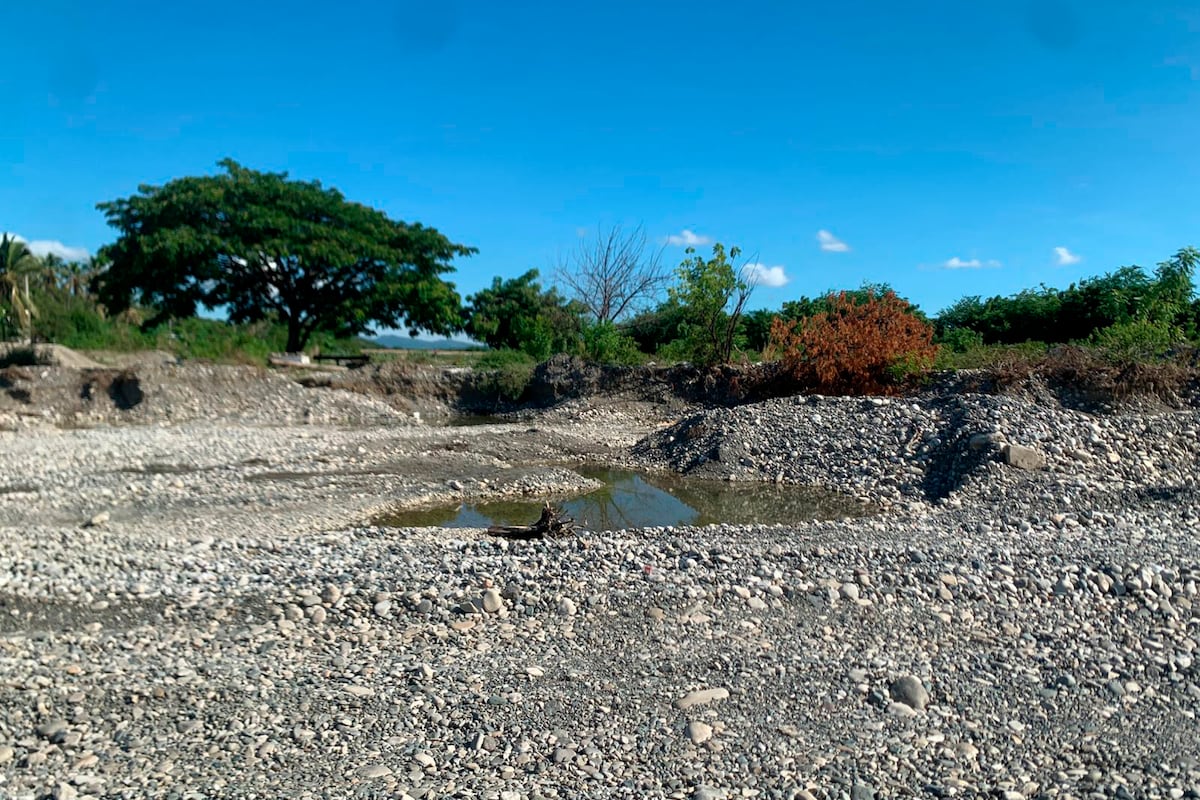
"Like something out of an old Western, an empty shack guards the entrance to the Nizao River. This particular stretch runs through El Roblegal, in the Bani municipality, located in the southern Dominican Republic. Sometimes, residents say, an armed guard controls the passage and only allows trucks and heavy machinery to enter. Around 25 dump trucks enter and leave, loaded with sand and gravel, to be used for construction. They raise a cloud of dust among stones and stagnant puddles."
"Decades of indiscriminate exploitation have caused severe over-excavation of the riverbed, sinking its bed and collapsing its banks, biologist Luis Carvajal explains. He's a member of the Dominican Republic Academy of Sciences and coordinator of the Environmental Commission at the Autonomous University of Santo Domingo (UASD). Luis Carvajal is a biologist and coordinator of the Environmental Commission at the Autonomous University of Santo Domingo (UASD). He's also a member of the Dominican Academy of Sciences."
"While attempting to record the scene, a man violently snatches the cell phone away from this reporter. Milciades Martinez a representative of the Dominican Revolutionary Party (PRD) in the community of Pizarrete, which borders the town of El Roblegal approaches the scene. Martinez demands identification from EL PAIS. And, despite ordering that the cell phone be returned, she harasses this journalistic team, ushering us back to our vehicle: she claims that our presence is a violation of private property rights."
An empty shack marks the entrance to the Nizao River in El Roblegal, Bani, southern Dominican Republic, where guards and heavy machinery restrict access. About 25 dump trucks repeatedly remove sand and gravel for construction, raising dust and leaving stones and stagnant puddles. Decades of indiscriminate extraction have over-excavated the riverbed, sinking it and collapsing banks. Biologist Luis Carvajal documents river devastation linked to commercial interests and permissive authorities. Locals report armed control of passage and intimidation of outsiders; a reporter attempting to document the activity was physically deprived of a phone and confronted by a local representative claiming private property violations.
Read at english.elpais.com
Unable to calculate read time
Collection
[
|
...
]